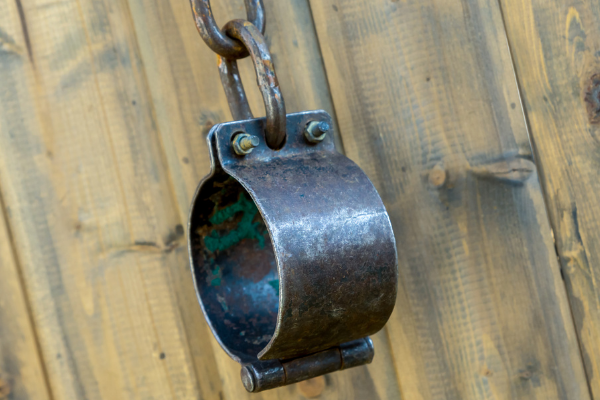
You Too May Be Guilty of Keeping a Slave in Your House
- Category: Gender
- Date 11-06-2006
- 1445 views
We have been accusing the white man of buying, selling and also keeping slaves for use in fields, plantations, homes, mines etc. Perhaps you have been to Bagamoyo to see the historical slave market. Amazingly, I have not met a single Tanzanian who considers slave trade to have been a good practice, even though many enlightened Tanzanians (educated and urbanites) could be guilty of committing the same crime today.
Come to think of it: an international symposium has just ended in Dar es Salaam where the Anti-Slavery International Programme Officer for Africa, Asim Turkawi participated. Participants were drawn from Peru, USA, Uganda, Togo, South Africa, Kenya and Tanzania.
During the proceedings another participant, Florence Rugemalira revealed that a research conducted in Mwanza and Dar es Salaam indicated that in every 100 households, 60 – 65 houses have domestic workers and majority of them do not know their rights. There is no doubt that your own house might be host to a house-help you treat in the same way as a slave.
What is the problem here? Anti-Slavery activist Asim Turkawi declared during the meeting that children employed as domestic helpers are overworked and constantly exposed such risks as befall slaves. ’’The task forward then is to collect information in order to convince people that the plight of child domestic workers should be a cause of concern,’’ he said.
Let me abide and attempt to convince you thus: As the conference on child domestic workers was going on at Dar es Salaam’s Millennium Towers, I chanced on a text titled “African Ecclesial Review – Child Labour; A Social Concern in Africa”. In which the authors made a few compelling avowals, regarding the plight of juvenile girls, at times boys, who are subjected to laborious tasks by cold adults.
Argued that domestic child labourers are subjected to prolific activities by their masters (the beneficiaries) and this brings about a world of deprivation and destitution, coupled with pain and suffering, to the child. Those guilty of this vice target and find poor children in the rural areas as easy prey, because when told about the “privilege” of being taken to town, the children respond with excitement.
Children are soft targets since they are cheaper and readily accept any amount as payment for the work they do. Poor families are particularly vulnerable when they hear of their children being offered “decent” jobs, to earn a penny to support the family. Little do they know that the lives of the young girls become a continuous sad story of exploitation and oppression from which there is no hope of escape.
It is a fact that the Majority of domestic child workers are girls, who have lost their parents, come from large families, poor families or school dropouts. In a number of cases, parents or caretakers volunteer their children (give them out) for monetary gains. The girls toil under exploitative conditions; long hours of work, scanty pay, abusive treatment, no leave, sexual violation and etcetera.
Sometimes, they are starved and, very often denied education unlike other children in the house – how many have ever thought of sending their house girl to school? Many of them live under strict instructions not to play, speak or move about. They become children without childhood, as they are compelled to perform adults’ chores, forgetting that to use a child more than is allowed is to impose forced labour which is dehumanising and destructive. Such work enslaves other than liberates the child.
That being the case; how will the country make progress? What future can a child expect, being employed to cook food and clean in and around your homestead, under such mean terms? Such a situation in itself dehumanises a child, even when sweetened by false generosity, because it interferes with the individual child’s natural vocation to be truly human. It casts a dark shadow not only on the child’s own future but even that of the entire society – the abuser- employer and his family inclusive.
We can be of help though. Every child (aged below 18) should be at school. Send one if you can!
By Venansio Ahabwe
Source: Peering Eye, Sunday Citizen
